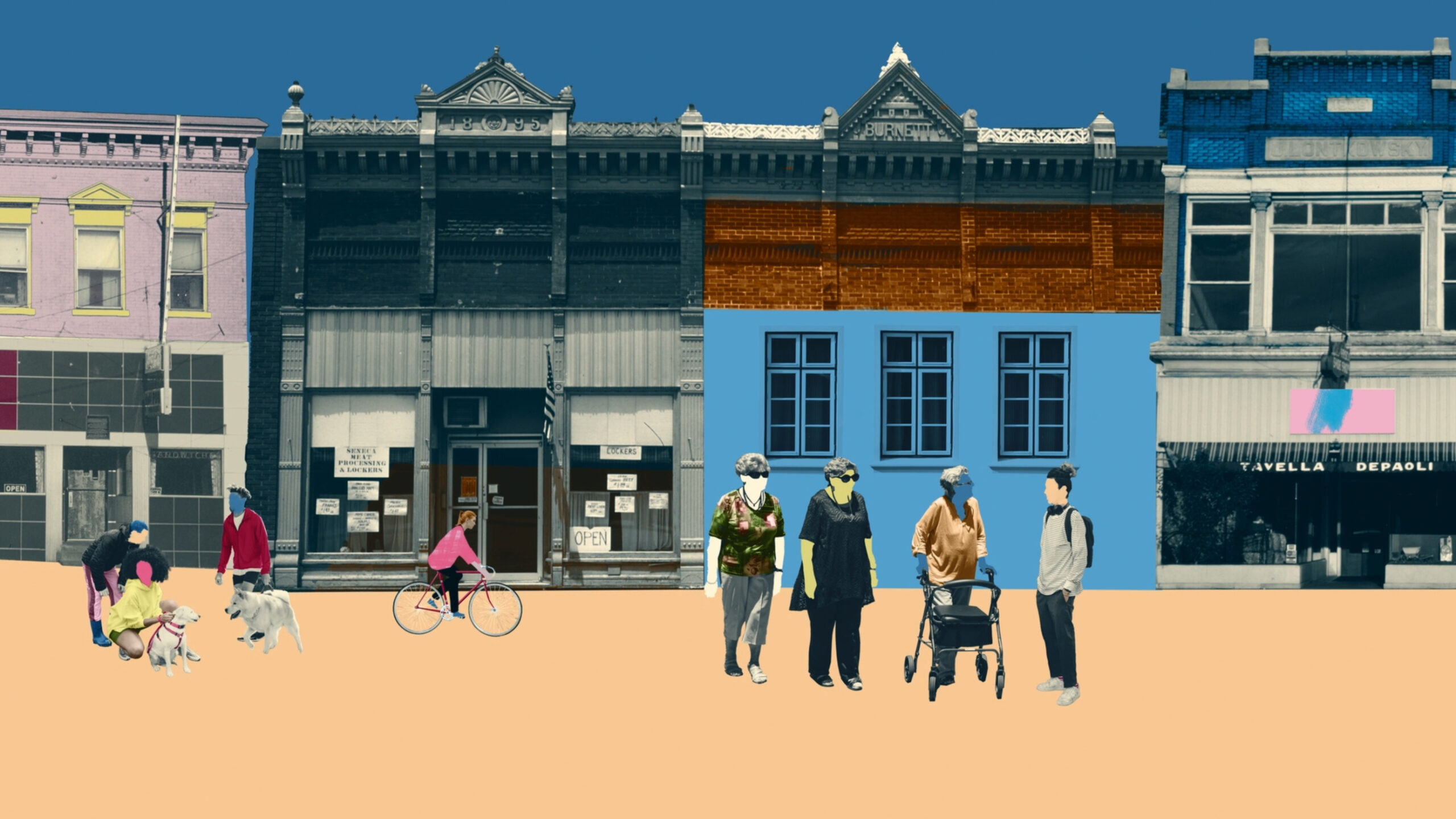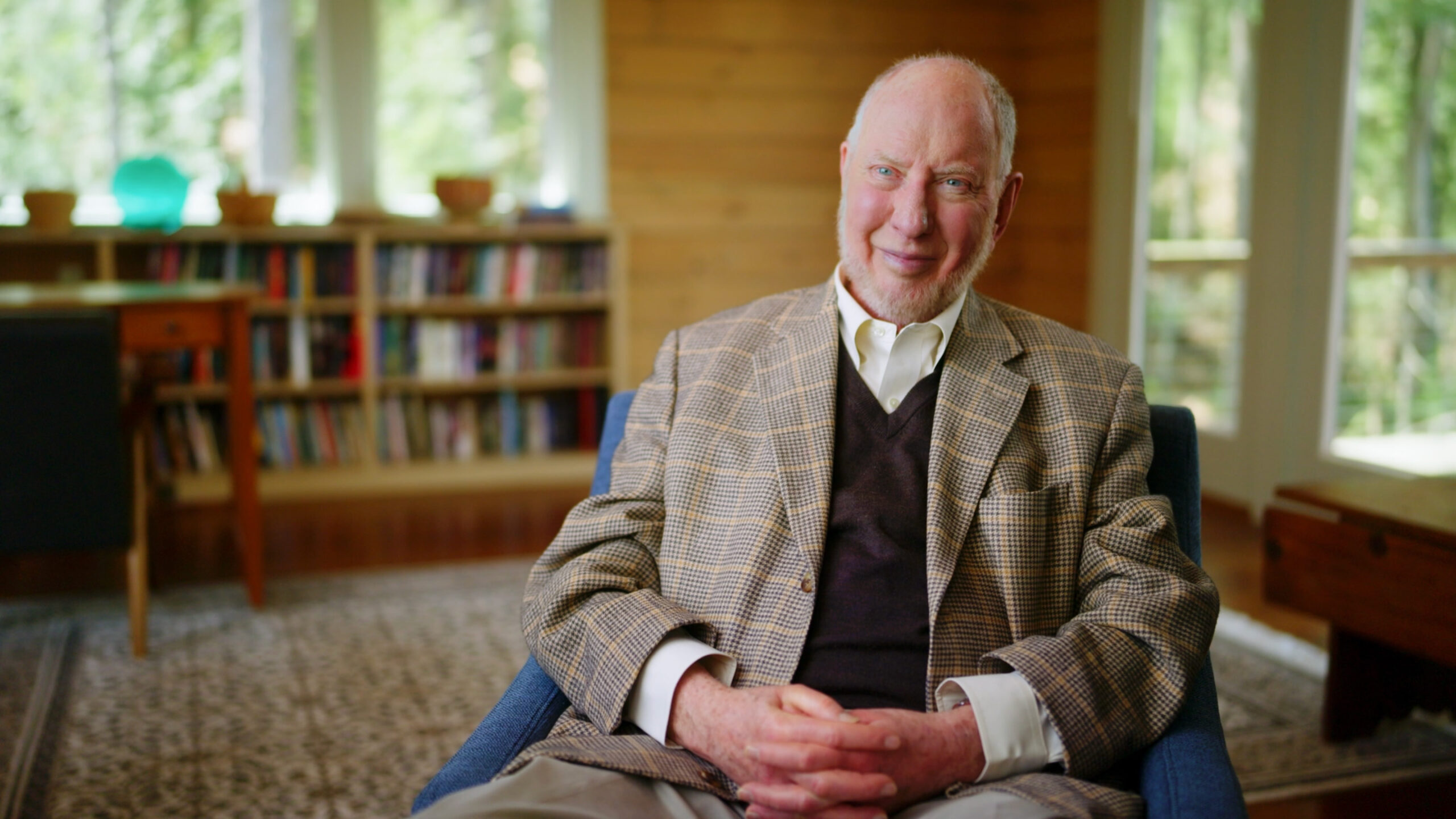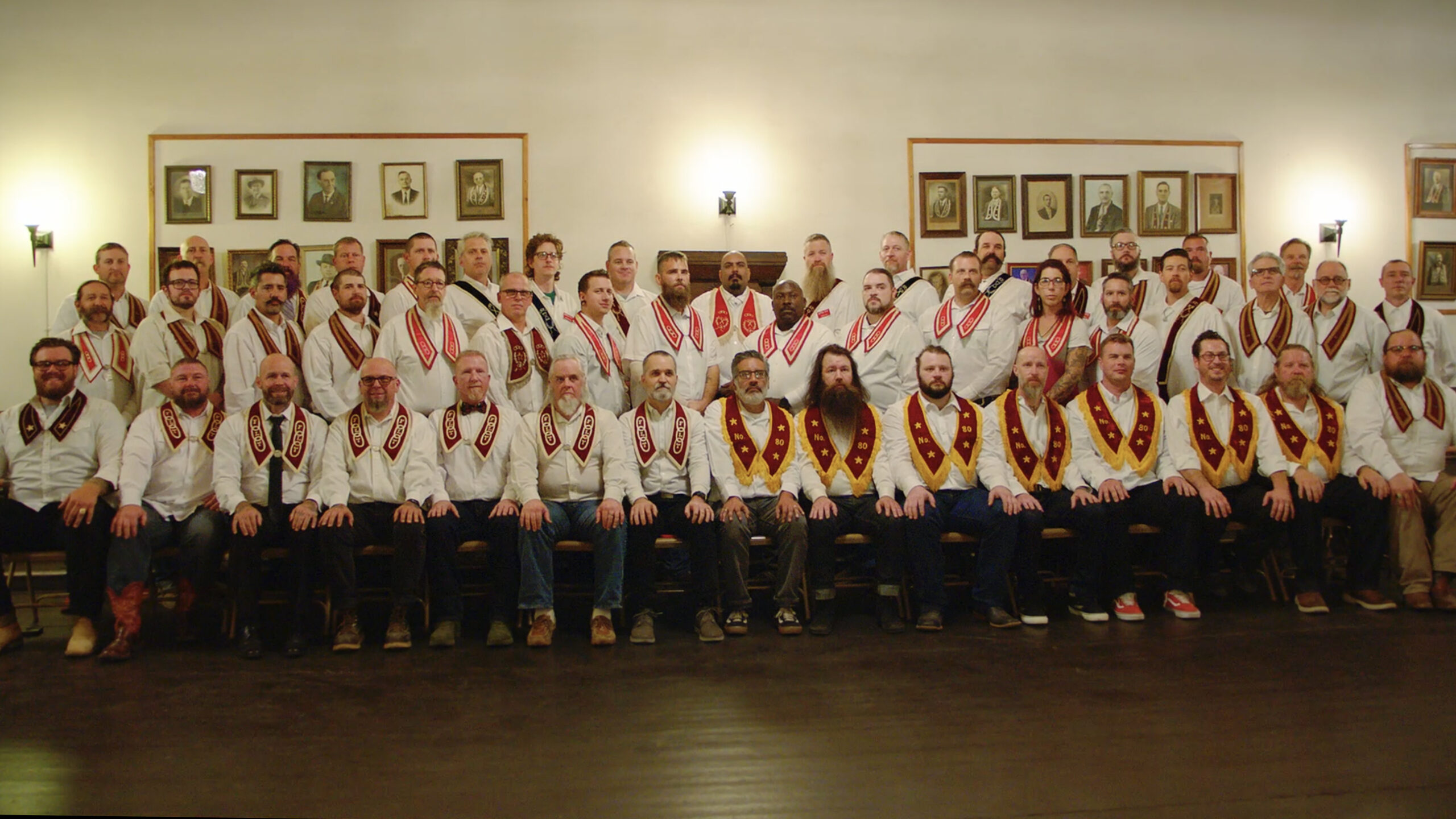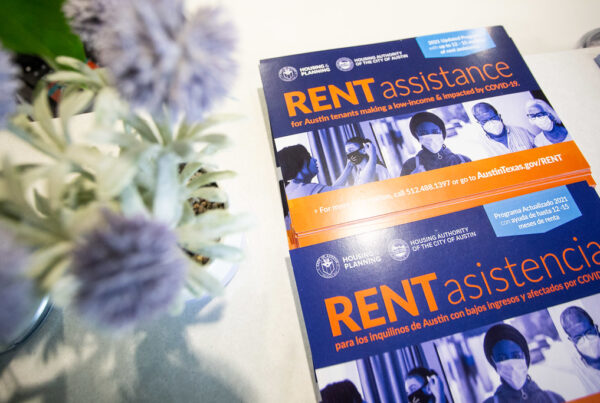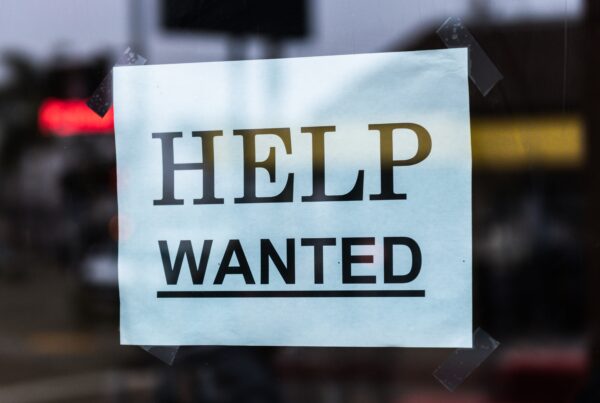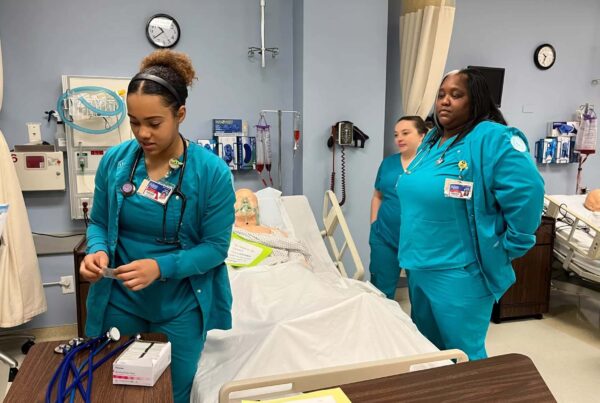There’s a lot of distress about the future of American democracy in these divided times. But the antidote to distrust in our institutions, in isolation from our neighbors, may be closer than many of us realize – as close as the nearest bowling alley, community center or church.
A new film makes the case that the future of America may depend on active participation in the community.
“Join or Die” offers good natured encouragement, grounded in some rather serious sociological theory. Rebecca Davis and Pete Davis co-directed the film. Listen to the interview above or read the transcript below.
This transcript has been edited lightly for clarity:
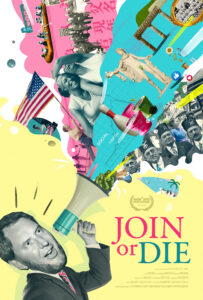 Texas Standard: Some of our listeners may recognize the parameters of this argument right away as a somewhat familiar critique. That was first an academic article back in the mid-90s, and then it went on to be a rather popular book right around 2000 or so called “Bowling Alone” by Robert Putnam. Could you say more about the premise of the book that’s at the heart of this film? Pete, you were saying you actually took a class with Robert Putnam?
Texas Standard: Some of our listeners may recognize the parameters of this argument right away as a somewhat familiar critique. That was first an academic article back in the mid-90s, and then it went on to be a rather popular book right around 2000 or so called “Bowling Alone” by Robert Putnam. Could you say more about the premise of the book that’s at the heart of this film? Pete, you were saying you actually took a class with Robert Putnam?
Pete Davis: Yeah, I took a class with Robert Putnam. And in the spirit of his whole message of community, he had it in his house to try to get us all to be closer together so it wouldn’t be in, like, a sterile classroom.
So just a nutshell, what is it that Putnam is arguing with this book?
Pete Davis: Two big arguments. One is that community is fundamental to democracy. The building block of a healthy democracy is not what’s happening in Washington. It’s what’s happening in ordinary neighborhoods – neighbors getting together and participation. And number two, that in the last 50 years, community has been in decline. We have about half as much of what he calls “social capital” as we did back in mid-century – people joining clubs, people joining unions, people joining bowling leagues, people joining congregations. And that infrastructure is very important. And if it’s in decline and we don’t turn it around, we’re going to be in trouble.
I think anyone listening to us would recognize how this would resonate in modern times. And yet we’re talking about a thesis that was first written in 1995. And I think largely, Putnam had his eyes on how television and other distractions were sort of taking us away from a sense of community. You’re nodding your head quite a bit here, Rebecca. Is that about right?
Rebecca Davis: Yeah, absolutely. And I think that was one reason, when Pete and I came together to work on this film, we felt like we wanted to bring it back into the conversation. It was around 2018 at that point. “Bowling Alone” had been out for about 18 years and Facebook was not even kind of on the scene at that moment. And these kinds of questions about what was going on with our community were just increasingly in the conversation. And we said, “hey, I think it’s about time for this book that was really prescient and kind of early on these concerns about community, you how to revisit them.”


